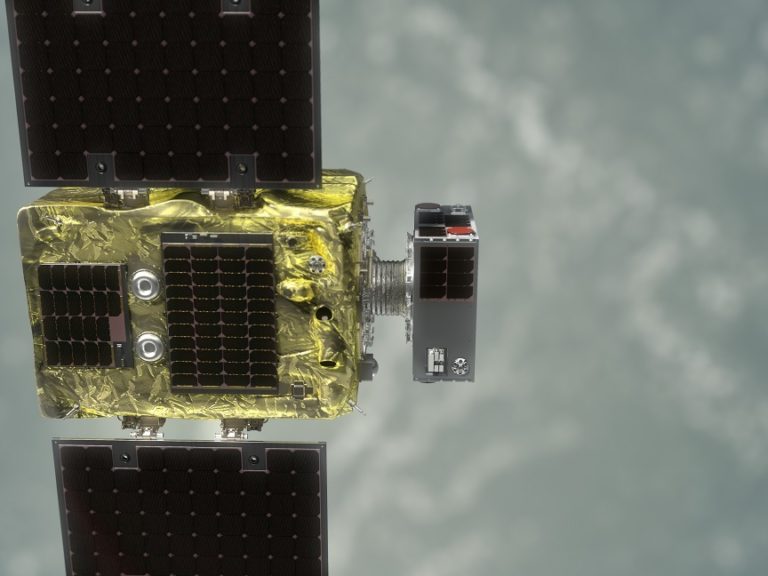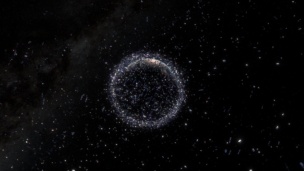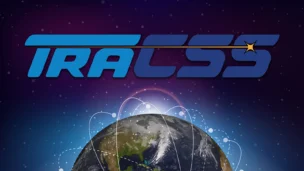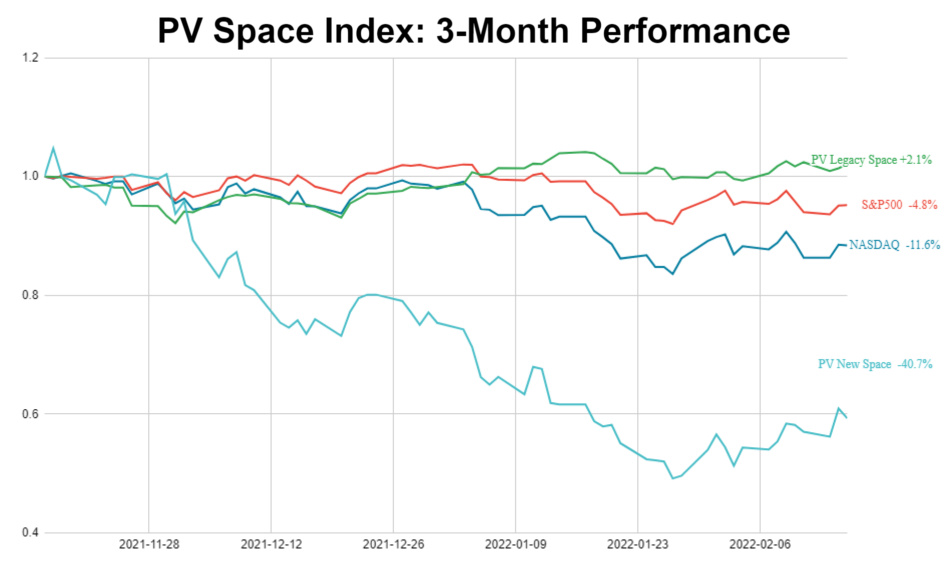Astroscale has moved a pair of debris-removal satellites back into position after pausing a demo of the technology last month, the startup posted on social media. The company has not revealed the exact reason that the mission was postponed in the first place, citing only “anomalous spacecraft conditions.”
ICYMI: Last month, Astroscale attempted its second debris removal demonstration with its End-of-Life Services by Astroscale-demonstration (ELSA-d) spacecraft. The demonstration was the company’s first attempt to capture a client spacecraft autonomously.
On Jan. 26, Astroscale reported that the client spacecraft successfully separated from the servicer spacecraft and that the pair orbited the Earth several times at a safe and constant distance. Then, the team temporarily called off the mission.
Now, Astroscale seems to be gearing up to try out the autonomous removal demonstration again. The servicer spacecraft, after orbiting separately from the client since the demo paused, has moved back into a close orbit with the client.
Orbital debris removal is a hot topic right now for the space industry and governments around the world. With increases in launches, total spacecraft deployed, and megaconstellations, the population density of spacecraft zooming around LEO is only going in one direction.
Astroscale Resets Debris Removal Demo





